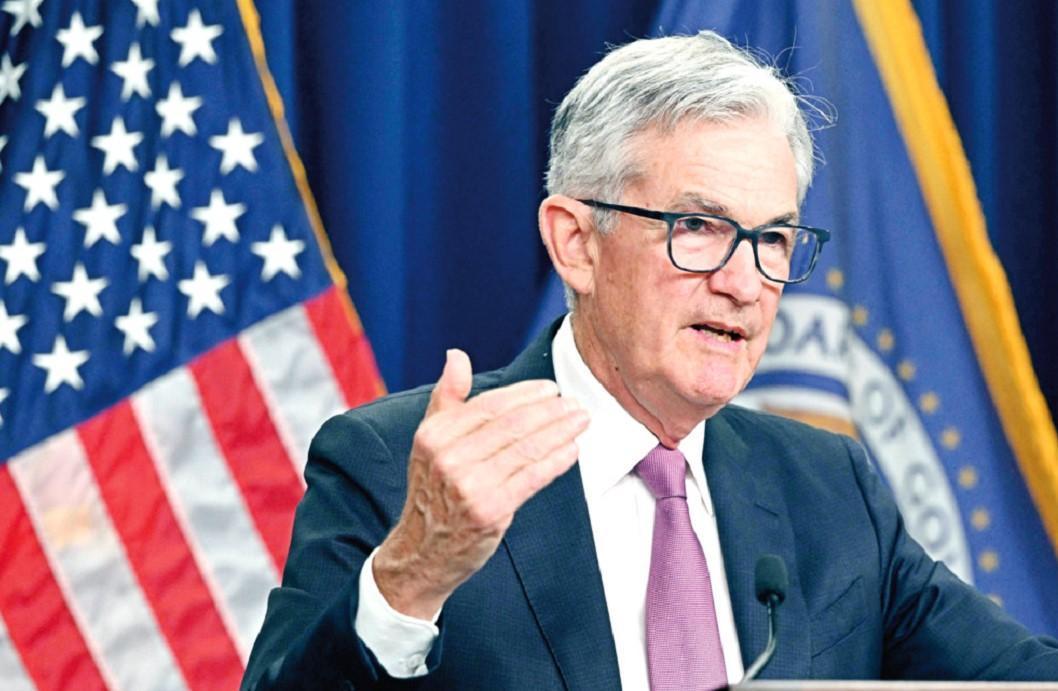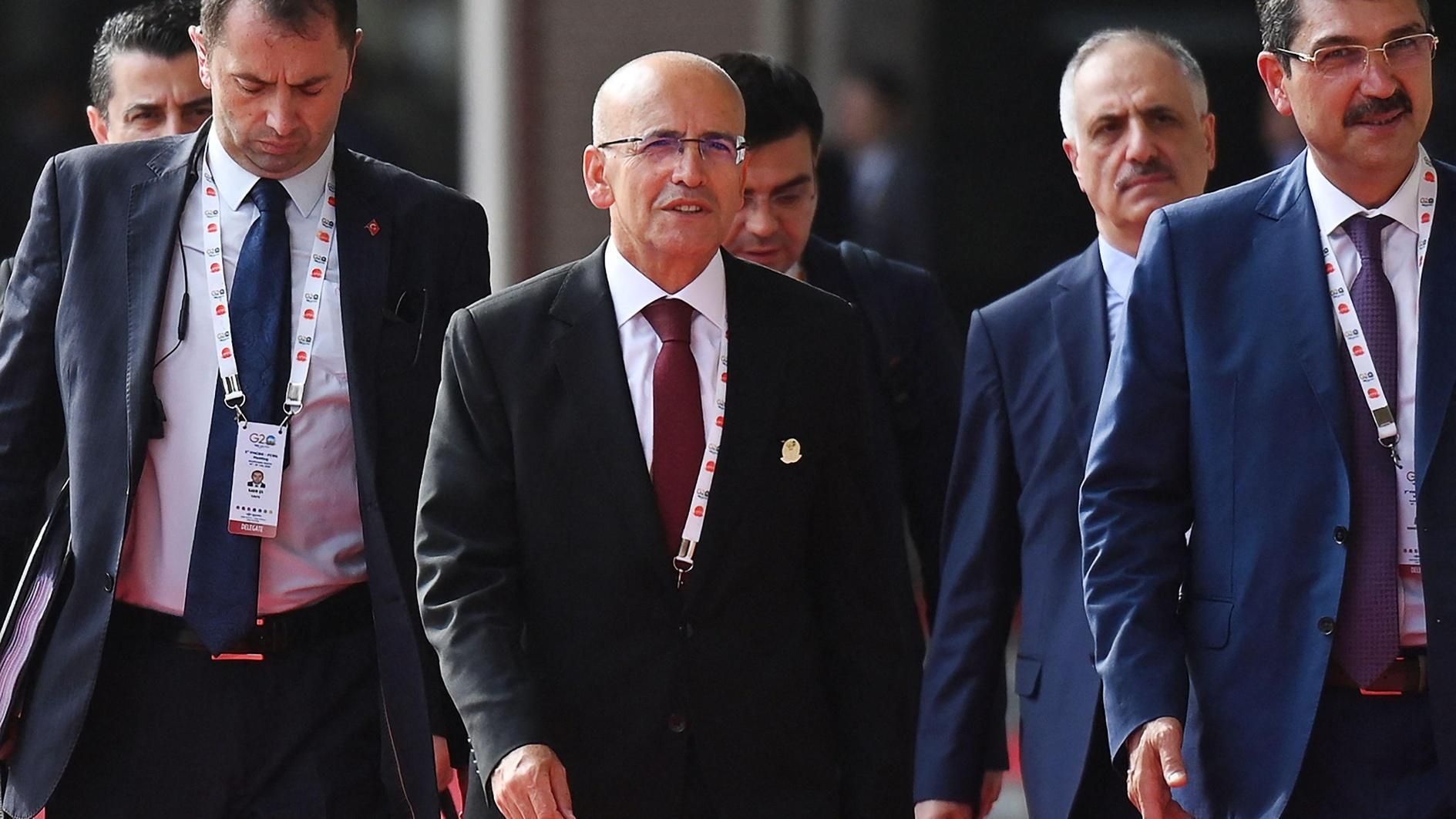Higher rates unlikely to cause deep US recession: Powell
WASHINGTON

The last time the Federal Reserve faced inflation as high as it is now, in the early 1980s, it jacked up interest rates to double-digit levels and in the process caused a deep recession and sharply higher unemployment.
On Sept. 8 Chair Jerome Powell suggested that this time, the Fed won’t have to go nearly as far.
“We think we can avoid the very high social costs that Paul Volcker and the Fed had to bring into play to get inflation back down,’’ Powell said in an interview, referring to the Fed chair in the early 1980s who sent short-term borrowing rates to roughly 19 percent to throttle punishingly high inflation.
Powell also reiterated that the Fed is determined to lower inflation, now near a four-decade high of 8.5 percent, by raising its short-term rate, which is in a range of 2.25 percent to 2.5 percent.
Even so, he did not comment on what the Fed may do at its next meeting in two weeks.
Economists and Wall Street traders increasingly expect the central bank to raise its key short-term rate by a hefty three-quarters of a point for a third straight time. That would extend the most rapid series of rate hikes since Volcker’s time.
The Fed’s benchmark rate affects many consumer and business loans, which means that borrowing costs throughout the economy will likely keep rising.
This week, the European Central Bank increased its key rate by three-quarters of a point, the largest in its relatively short history, as Europe also struggles with record-high inflation and a stumbling economy.
Central banks around the world are scrambling to keep up with rising prices.
Despite Powell’s assurances, many economists worry that the Fed will have to allow unemployment to rise much more than is currently expected to get inflation back to its 2 percent target.
The Fed has projected that unemployment will rise only to 4.1 percent by the end of 2024 as higher rates bring down inflation.
New research released under the auspices of the Brookings Institution says that such a scenario requires “quite optimistic” assumptions and finds that unemployment may have rise much higher to bring inflation down.
Powell warned two weeks ago at an economic conference in Jackson Hole, Wyoming, that the Fed’s inflation-fighting efforts will inevitably “bring some pain to households and businesses.” But, he added, “a failure to restore price stability would mean far greater pain.”
Still, on Sept. 8, he reiterated that the Fed’s goal is to achieve a “soft landing,’’ in which it manages to slow the economy enough to defeat high inflation yet not so much as to tip it into recession.
Yet many economists say that as borrowing rates keep rising, employers will cut jobs, consumers will slash spending and a downturn will eventually result. And some have issued starker warnings about the consequences of the Fed’s aggressive pace of rate hikes.
















